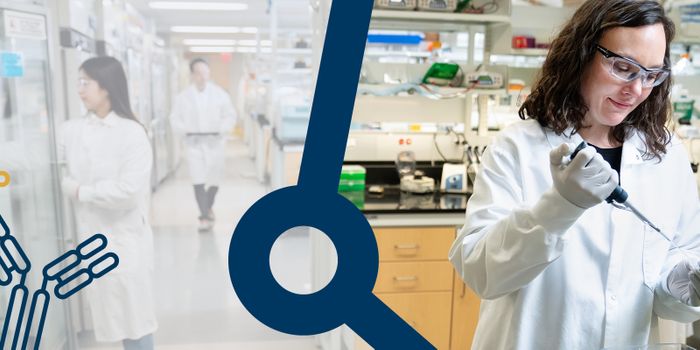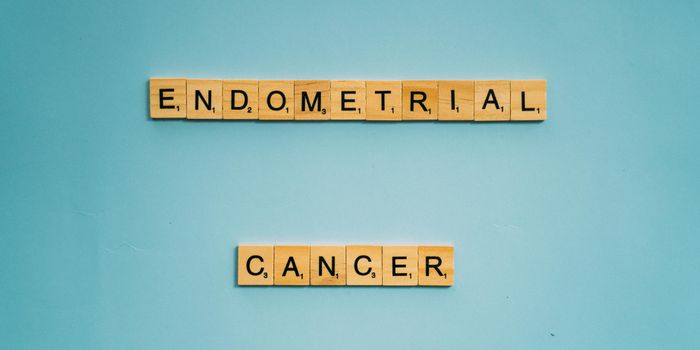How Does a High Fat Diet Impact Colon Cancer Risks?
Scientists have long known about the link between an unhealthy diet high in fat, and colorectal cancer. But the biological underpinnings behind this link remained murky. But now, scientists from the Cleveland Clinic report on a pathway that colon cancer stem cells use in presence of a high-fat diet.
Colon cancer, also known as colon cancer or bowel cancer, is the third most common non-skin cancer type in the world. The cancer usually begins as small, benign lumps of cells that form polyps in the colon. Without proper removal, these polyps can turn cancerous and cause symptoms such as abdominal pain, rectal bleeding, weakness, and fatigue. According to a recent report, the incidence of colorectal cancer is expected to increase by 60% to more than 2.2 million new cases and 1.1 million deaths by 2030.
In the current study, the research team, led by Noa Noy, used microarray analysis to understand how diets influence cancer development in a mouse model of the disease. The team showed that in the mice, colorectal cancer began with cancer stem cells in the colon. Moreover, these cancer stem cells respond to a high-fat, Western diet.
The team also found that the cancer stem cells initiated tumor growth via the JAK2-STAT3 cellular signaling pathway. The pathway is widely studied and implicated in tumorigenesis. Specifically, the team showed that two proteins, STRA6 and RBP4, promote colon cancer in the presence of a high-fat diet, and that presence of these two proteins is associated with poor outcomes.
"We have known the influence of diet on colorectal cancer. However, these new findings are the first to show the connection between high-fat intake and colon cancer via a specific molecular pathway," said Matthew Kalady, a colorectal surgeon, Co-Director of the Cleveland Clinic Comprehensive Colorectal Cancer Program, and the co-author of the study. "We can now build upon this knowledge to develop new treatments aimed at blocking this pathway and reducing the negative impact of a high-fat diet on colon cancer risk."
Previously, the team showed that knocking down STRA6 in a xenograft cancer model decreased tumor growth. The new study provided similar conclusions for the RBP4-knockdown cancer cells. The team also explored the effects of RBP4-STRA6 in the context of a high-fat diet. Mice on the high-fat diet and injected with unmodified colorectal cancer cells were more likely to have increased tumor growth. By comparison, mice on the high-fat diet that were treated with the STRA6-deficient cancer cells did not show an increase in tumor growth, similar to mice on a normal diet.
“The interesting finding here is that the high fat diet-induced effects appear to also involve the stem cell program, which is interesting for tumor growth and has implications on therapies, as tumor stem cells are also therapeutically resistant,” the authors explained. “In terms of treatments, what we might envision is targeting a new component of the signaling axis we identified to reduce cancer growth. The pathways we have identified are known to control many aspects of cell behavior, but the input to these signaling programs is new and may represent a possible target. In terms of next steps, one would be to see whether this can be applied to other obesity-driven tumors. Can lessons from colon cancer be leveraged to other tumor types? We also are interested in inhibiting this new signaling axis as well as trying to understand more about this signaling program, as we may be able to identify signaling nodes that can be efficiently targeted.”
"These findings also provide a new way in which cancer stem cells are regulated and provide insight into how environmental influences, such as diet, can alter cancer stem cell populations in advanced cancers," said Justin D Lathia, another co-author of the study.
Additional source: MNT, Cleveland Clinic









